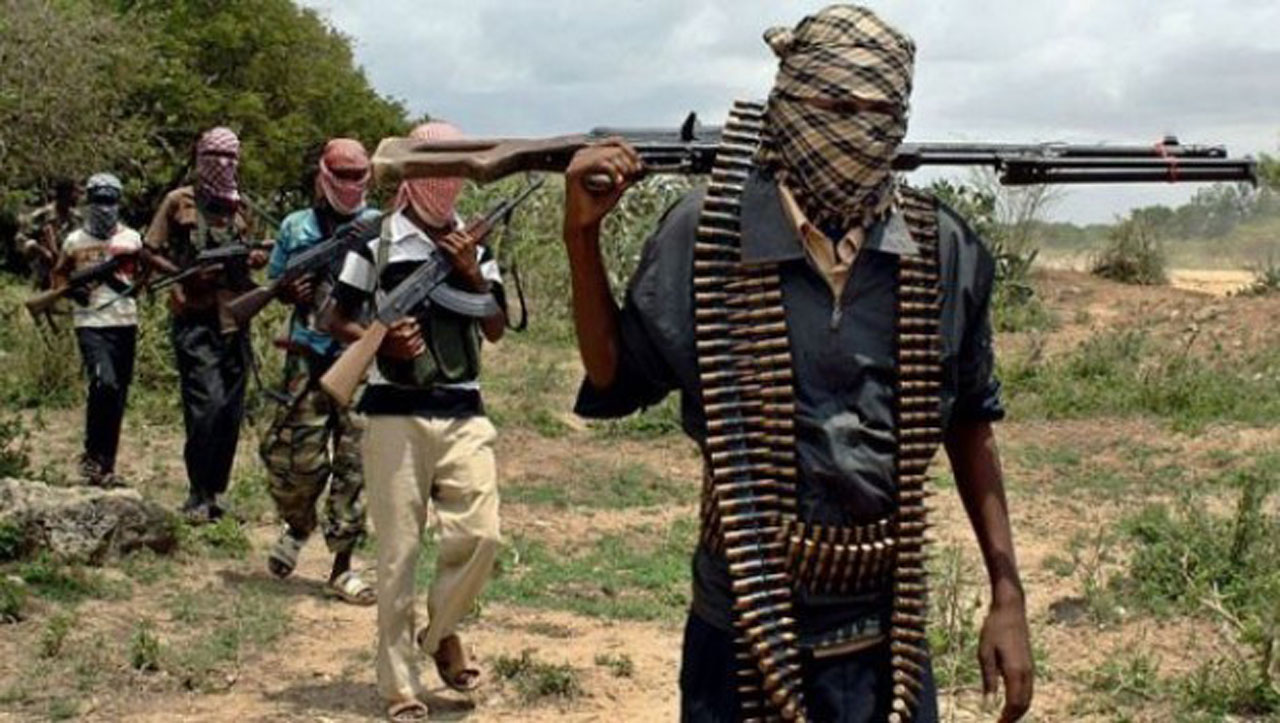The Federal Government has raised the alarm of the possibility of an estimated seven million illegal weapons being in possession of non-state actors and criminal elements in the country.
It said the number represented a total of eight to ten million illegal arms in the West African sub-region.
This was as the director general, DG, of the State Services, Yusuf Bichi, charged the participating heads of security agencies, to ensure effective synergy, in the nation’s quest to deal with threats to security.
Babagana Monguno, the national security adviser, NSA, made the startling revelation on Thursday, November 28, 2019, at the National Institute for Security Studies, NISS, Abuja.
This was as the NSA explained that the military’s involvement in aid of civil authority was necessitated by the complexity of contemporary security challenges, which have “overstretched” the capacity of the police.
“It is estimated that over 70 per cent of the 8 to 10 million illegal weapons in West Africa are domiciled in Nigeria and in the hands of non-state actors and criminal groups”, the NSA said.
According to him: “These illegal arms stoke up violent conflicts, armed banditry, kidnapping, cattle rustling, militancy and the insurgency/terrorism experienced in Nigeria.”
The NSA spoke at a one-day strategic forum for heads of security agencies of the 36 states and the FCT at the NISS’, a foremost security and intelligence research institute of the Department of State Services, DSS.
In his keynote address to the participants entitled, “Contemporary Security Challenges in Nigeria: Implications for National Security”, Monguno observed that the past decade had witnessed various security challenges, that had impeded on socio-economic growth and political development in the country.
The NSA identified some of the threats to national security to include: terrorism, effects of climate change, activities of international oil thieves/vandals, cattle rustling, among others.
His words: “The most prominent terrorist activities which involves Boko Haram Terrorists, BHTs, and Islamic State of West Africa, ISWAP, remains a major existential threat to the country.
“The activities of violent non-state actors, especially terrorists in the North East, armed bandits in the North West and North Central as well as militants and sea robbers in the South South, continue to impact heavily on Nigeria’s economy.”
Commenting on the military’s involvement in internal security, IS),operations, Monguno said: “The military aspect of national security refers not just to responses to military threats, but the use of military instruments to address broader security issues.
“However, the complexity and intensity of the numerous security challenges in the country has necessitated the involvement of the Armed Forces to participate in aid of civil authority.
“This is primarily due to the fact that the Nigeria Police Force has been overstretched in containing most of the threat situations.”
On the way forward, the retired General called on regional armies and security agencies to dominate ungoverned spaces, track financing of terrorists, among others.
In his welcome address, Bichi maintained that strengthening of synergy remained critical to tackling security threats in the country.
The spymaster harped on proactive intelligence, saying such would enable security agencies to be ahead of the enemies.
He said the essence of engaging heads of security from across the country was to foster unity and understanding among the participants, for effective delivery on national security mandate.
While maintaining that “no service can do it alone” without partnership, the DG expressed the hope that the conference would have been able to identify areas of conflicts during joint operations, with a view to forging a common front.
Also speaking, a former director general of the service, Afakriya Gadzama, re-echoed the importance of inter-agency cooperation.
Afakriya, who delivered a lecture, expressed reservation over the clamour for state police, wondering how some governors, who had continued to struggle under the weight of delayed salaries, will be able to fund the initiative.







